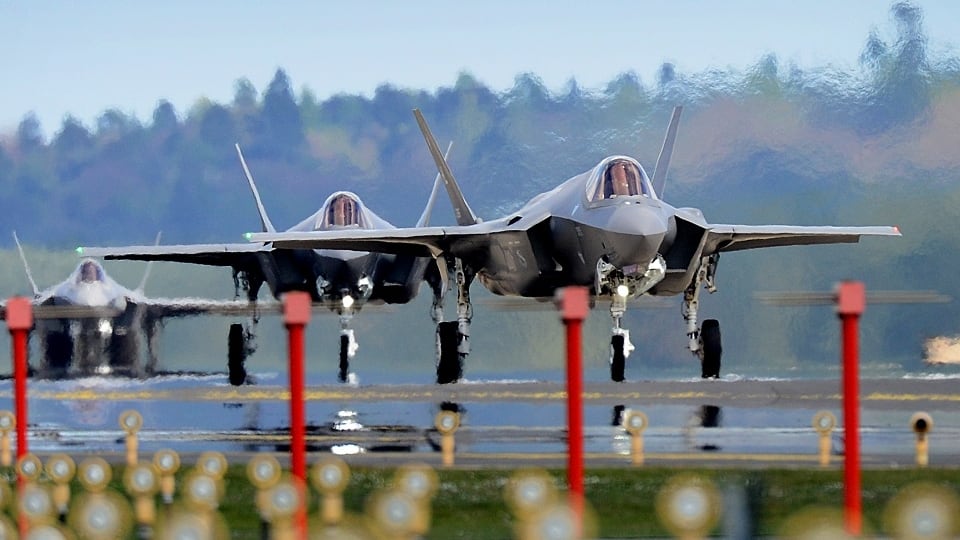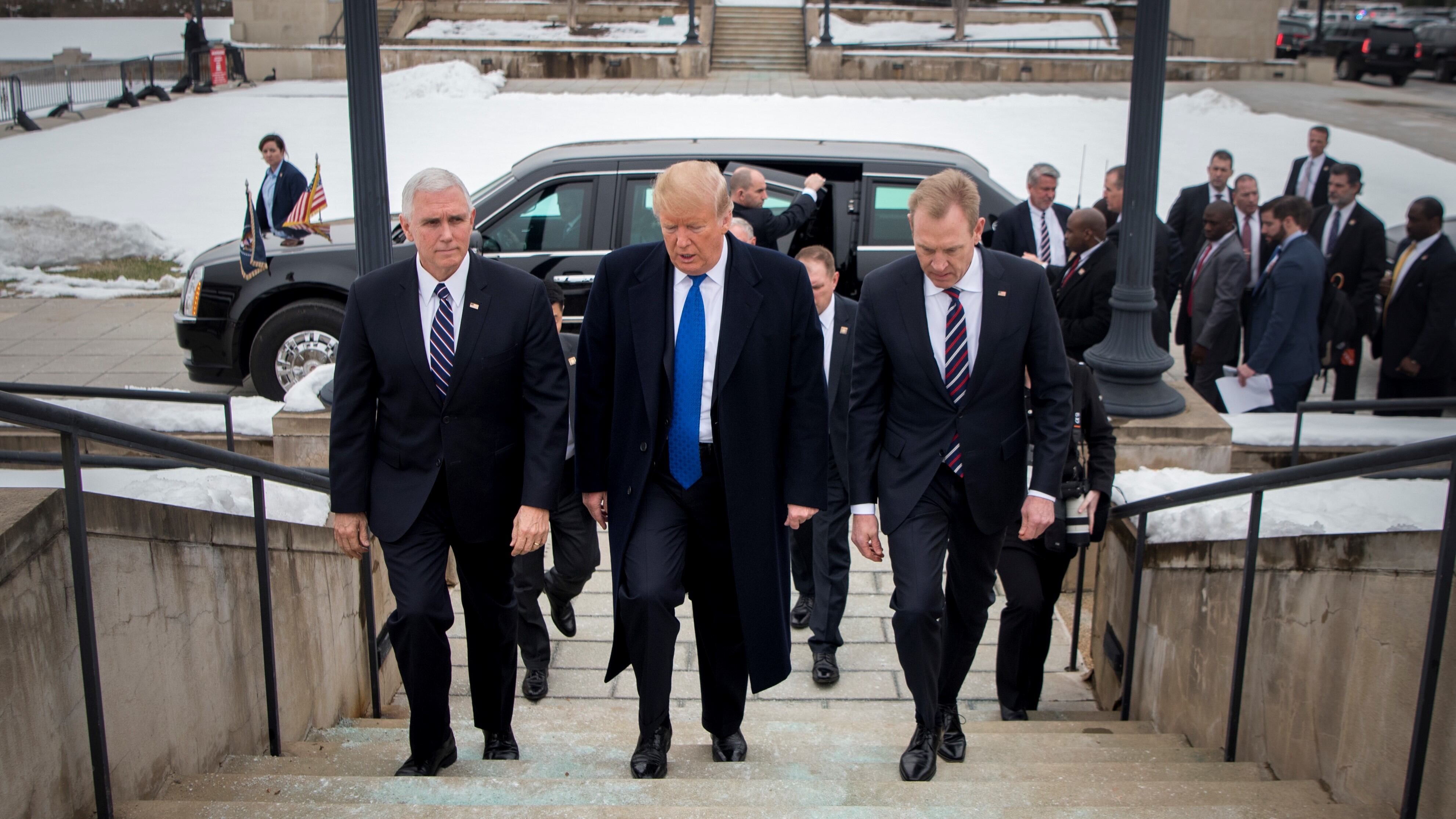WASHINGTON — Following the launch of an internal investigation into whether acting Secretary of Defense Pat Shanahan violated his ethics agreements to not involve himself in programs related to Boeing, the Pentagon has made public the details of how the former executive avoids conflicts of interest.
The arrangement, signed when Shanahan was deputy secretary and updated to reflect his role as the acting head of the department, essentially relies on the acting secretary’s staff to protect him from himself. His chief of staff, executive secretary, military assistants and other assistants will screen all matters and determine if they involve Boeing. If so, the assistants will, without telling Shanahan, redirect the issue to an alternate defense official who would be appropriate.
However, there is a loophole in case a major decision must be made: “If the alternate official believe my participation in a particular matter is important, he or she will contact [agency ethics officials] via the DoD Standards of Conduct Office to determine whether I may be authorize to participate, where the interest of the government in my participation outweighs any appearance of impropriety.”
RELATED

The release of the documents comes after an ethics complaint by the good-government group CREW led to the launch this week of an investigation by the inspector general’s office into whether Shanahan, who worked at Boeing for 30 years, was breaching his ethics arrangement in favor of his old company.
In a statement announcing the investigation, IG spokeswoman Dwrena Allen said the agency “decided to investigate complaints we recently received that Acting Secretary Patrick Shanahan allegedly took actions to promote his former employer, Boeing, and disparage its competitors, allegedly in violation of ethics rules."
Shanahan spokesman Army Col. Joseph Buccino said the secretary welcomed the review.
“Shanahan has at all times remained committed to upholding his ethics agreement filed with the DoD,” Buccino said. “This agreement ensures any matters pertaining to Boeing are handled by appropriate officials within the Pentagon to eliminate any perceived or actual conflict of interest issue with Boeing.”
A senior defense official, speaking on background to reporters Friday about the decision to procure more Boeing-made F-15s, insisted the acting secretary had no role in picking the Boeing-made plane.
“Working with the standard of conducts office, we put in place a pretty strict regime of keeping anything related to Boeing out of his purview during the program budget review process,” the official said. “He was involved in broad capability discussions or broad force shaping discussions, [but] when it came to any specific platform that involved Boeing, those conversations were held strictly away from him.”
RELATED

Although the highest profile case, Shanahan is not the only industry executive to be in the Pentagon. Among those who have similar ethics agreements are John Rood, a former Lockheed executive who serves as undersecretary of defense for policy, and Ellen Lord, who led Textron Systems until joining the pentagon as undersecretary of defense for acquisition and sustainment.
Asked last week how the former executives navigate the ethics agreement, Lord described the situation as one where a reliance on other officials is key.
“Secretary Shanahan is surrounded by many individuals with a depth of knowledge, whether it be foreign policy or it be acquisition. I think we are somewhat of a self-healing network with the capability to fill the voids. I think we can navigate that,” Lord said.
“We have lawyers who very clearly lay out what’s acceptable and what’s not acceptable. All of our staffs are trained in that. It’s my responsibility, among everyone else, to say when we need to stop that conversation and Secretary Shanahan can’t take part in that. I have done that in the past, others have, and he understands that. We are all trained and I think we have a robust process.”
Tara Copp with Military Times contributes to this report.
Aaron Mehta was deputy editor and senior Pentagon correspondent for Defense News, covering policy, strategy and acquisition at the highest levels of the Defense Department and its international partners.






